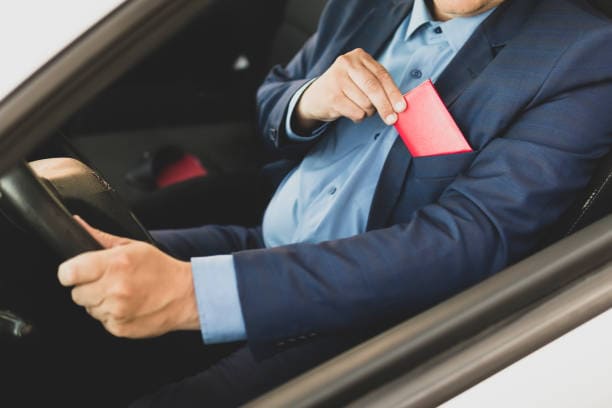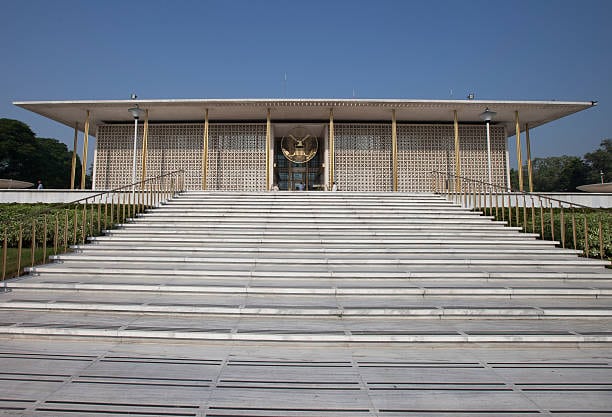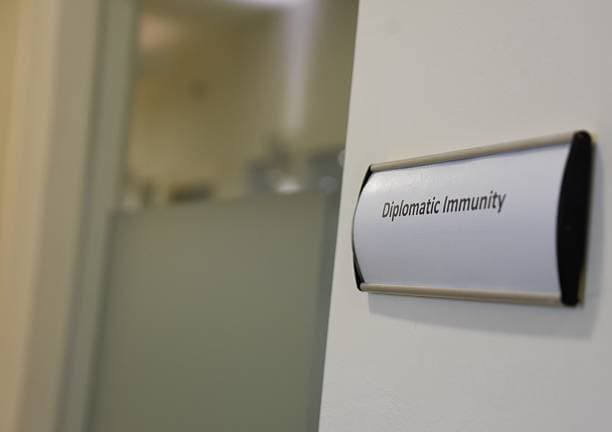Diplomatic immunity refers to the principle in which diplomats may enjoy immunity from being arrested or searched. This will largely depend on the laws of the country. In Australia, there are two key legislations that are related to diplomatic immunity. This includes:
Moreover, the Vienna Convention on Diplomatic Relations is an important international treaty in relation to this topic. The Convention provides a framework for diplomatic relations between independent countries.
In this article, we will explore the topic of diplomatic immunity in detail and discuss relevant laws. According to Section 7 (1) the Diplomatic Privileges and Immunities Act 1967, only Articles 1, 22 to 24, and 27 to 40 of the Vienna Convention have the force of law.
Who Has Diplomatic Immunity in Australia?
Under the two Acts mentioned above, consular officials including honorary consuls have diplomatic immunity. Moreover, their staff and family members who are part of the staff households may also enjoy diplomatic privileges.
This is in accordance with the Vienna Convention on Diplomatic Relations. In some cases, even representatives of international organisations may have diplomatic immunity.
Diplomatic immunity can be against:
- Prosecution
- Driving offences
- Arrest
- Detention
- Personal searches
- Official searches or searches on official premises
- Searches of the person’s residence or vehicle
- Being called for providing evidence

Australia’s Colour Coded Identity Cards
Diplomatic immunity in Australia depends on a graded system. This in turn is based on the level, status and official function of the representative. Each person may have a colour coded identity card. The level of diplomatic immunity that they have may depend on the identity card that they hold.
For example, consular officers may have a Green ID card. This provides them with immunity in certain cases such as immunity against arrest or detention, personal searches, search of official premises. Note however, their dependents may not enjoy these immunities. Moreover consular officers with Green ID cards do not have diplomatic immunity against prosecution. They can also be called in to provide evidence.
Diplomatic agents of high positions usually have a Red ID Card. This usually grants them full diplomatic immunity. Unlike consular officers with Green IDs, high-level diplomatic agents may enjoy immunity against prosecution as well.
Lastly, officials with Blue ID Card may afford immunity for most matters except for prosecution in civil and administrative cases.
Immunity Waivers
Some organisations or the foreign representative’s country’s government may issue for the immunity to be waived. Depending on the level of the official, some prosecution cases will not proceed without first having the waiver. As per the Consular Privileges and Immunities Act 1972 and Diplomatic Privileges and Immunities Act 1967, the immunities of foreign missions may be withdrawn in cases where Australia’s missions or personnels enjoy limited immunities in that foreign country.
Important Definitions Under Vienna Convention on Diplomatic Relations
- the “head of the mission” is the person charged by the sending State with the duty of acting in that capacity;
- the “members of the mission” are the head of the mission and the members of the staff of the mission;
- the “members of the staff of the mission” are the members of the diplomatic staff, of the administrative and technical staff and of the service staff of the mission;
- the “members of the diplomatic staff” are the members of the staff of the mission having diplomatic rank;
- a “diplomatic agent” is the head of the mission or a member of the diplomatic staff of the mission;
- the “members of the administrative and technical staff” are the members of the staff of the mission employed in the administrative and technical service of the mission;
- the “members of the service staff” are the members of the staff of the mission in the domestic service of the mission;
- a “private servant” is a person who is in the domestic service of a member of the mission and who is not an employee of the sending State;
- the “premises of the mission” are the buildings or parts of buildings and the land ancillary thereto, irrespective of ownership, used for the purposes of the mission including the residence of the head of the mission.

Importance of Seeking Advice from Lawyers
Our team of lawyers at JB Solicitors, have the experience of dealing with a wide variety of matters. This includes matters under family law, immigration law, property law, criminal law, civil law, commercial law and employment law.
If you are seeking legal advice for any of these areas or other areas of law in Australia, do not hesitate to reach out to our team of solicitors. Moreover, we offer fixed-fee pricing for some of our services. For more information, do not hesitate to leave a message via our contact form here.
Alternatively, you can also call our firm at 02 9723 8080.
